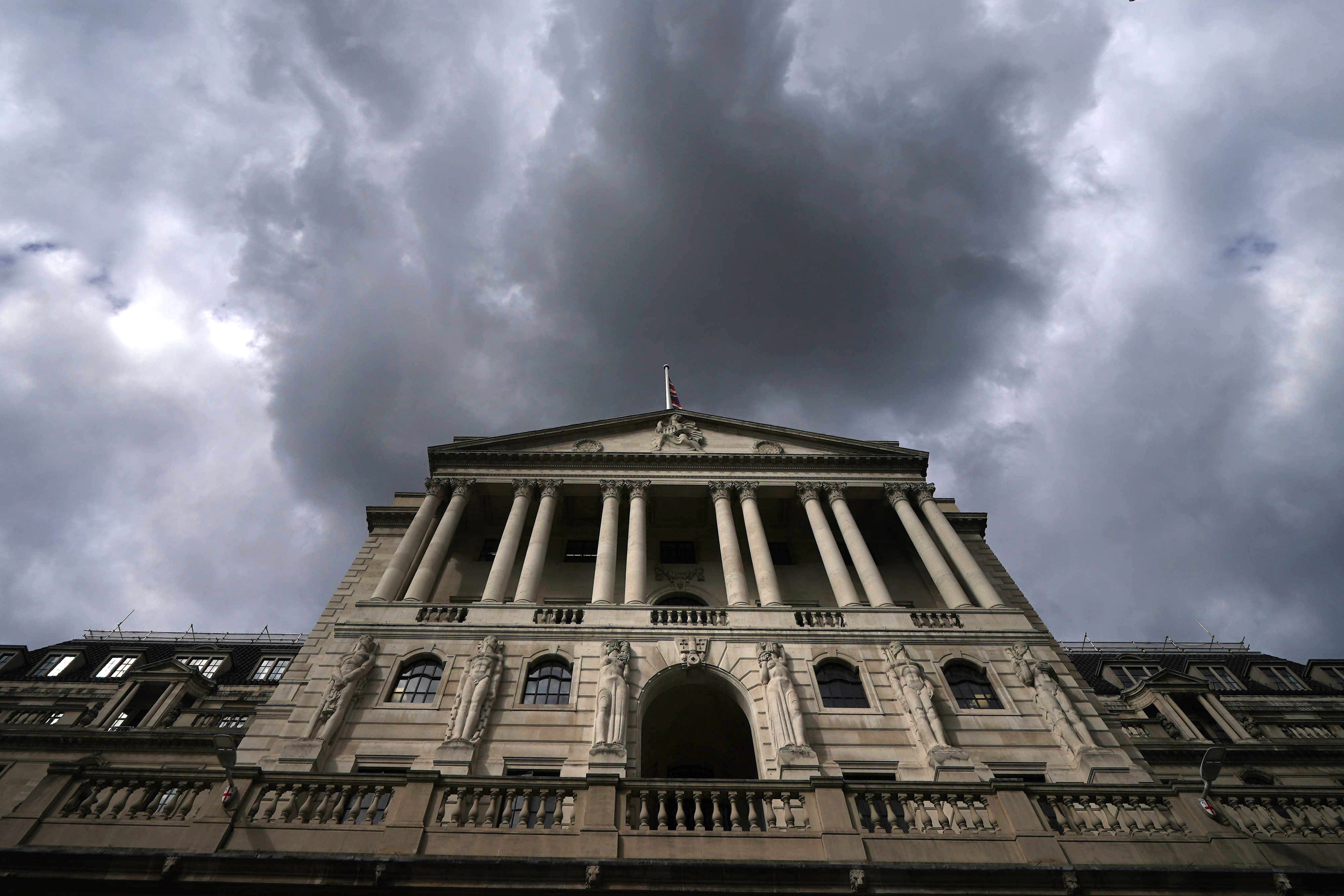We are running out of time to save the economy
Editorial: The fate of the economy and the Sunak administration lies to a large degree in the decisions that the Bank of England takes in the coming weeks

The Bank of England is facing its toughest decision since at least the end of the pandemic – and one that will have momentous consequences for the next election, as well as the economy and living standards.
The unexpected stubbornness of inflation clearly points to a rise in rates by the Monetary Policy Committee. The question now is how large the hike should be.
Whereas before now the Bank has stuck to its preferred path of predictable and gradual “baby step” increases of a quarter percentage point every two months or so, such is the seriousness of the situation that there is much speculation about a “shock and awe” rise, pushing the rate to a full 5 per cent – its highest since 2008. Indeed, the money markets are now viewing a half-percentage point rise as a distinct possibility, so disappointing has the trend in prices become.
Even that won’t be the end of the story. Bank Rate is likely to hit 6 per cent by the end of the year, whatever happens now, and that implies mortgage rates approaching 7 per cent. There’s an outside chance that the Bank will have to squeeze the economy far harder and for far longer than hoped even a few months ago. That will have profound consequences for the housing market, the economy as a whole and of course the background to the next general election.
Having escaped recession in 2023, a downturn in 2024 is starting to seem more likely than not. It is obviously not conducive to the feel-good factor as polling day approaches. With the shock of the tightest monetary policy in decades, having been through a long period of ultra-cheap money, the pain will be intense, and most acute for those seeking to remortgage very large home loans at the new unexpectedly steep costs.
The net effect of the spike in inflation, real-terms wage cuts and now the rise in mortgage bills and rents is to take thousands of pounds out of the average family’s annual income. Having lived through around a decade of stagnant living standards and austerity in funding public services, British households are right to feel anxious about the direction of the economy.
Running monetary policy is an inexact science at best. The Bank of England must avoid turning what might be a shallow and short recession into a housing crash and a slump. There is no alternative to continuing to bear down on inflation, with the support of the Treasury operating a responsible fiscal policy, as indeed is the case now.
But the hazards are clear. The best central bankers in the world can do much to foster price stability, and thus economic confidence and prosperity. If they are fortunate – or skilled – enough, they can get the better of the famously uncertain long and variable lags as hikes in rates gradually make their presence felt through an economy.
If they are unlucky, as the British authorities have been, an external shock, such as the Russian invasion of Ukraine, can wreck the best-laid plans for returning monetary policy to a more normal path. So it has turned out with the present burst in inflation, which has undoubtedly been exacerbated by labour shortages due to Brexit, long Covid and a sudden jump in early retirements. Andrew Bailey and his colleagues didn’t see those coming, nor did anyone else.
The common assumption is that a shift in monetary policy can take around 18 months to work fully. Expecting instant results is foolish. The danger is that the Monetary Policy Committee (MPC) will panic and overreact to “sticky” inflation now just as badly as its critics claimed it under-reacted to the way inflation was increasing post-pandemic.
With core inflation actually accelerating, driven by higher salary bills, some steeper, dramatic increases in interest rates would be understandable. However, for now, the Bank might be better off holding its nerve and sticking to smaller rises.
The disastrous Truss-Kwarteng experiment last year showed just how volatile consumer sentiment can be, and how it can virtually poleaxe the real estate market over a weekend. Under Mr Sunak and Jeremy Hunt things are calmer, but the headline reaction to the news that fixed rate mortgage rates have already breached the 6 per cent mark is a reminder that the world of real estate is as prone to irrationality as any other area of economic life.
The fate of the economy and the Sunak administration lies to a large degree in the decisions the Bank of England takes in the coming weeks. The most helpful thing the politicians can do is to support the Bank, not interfere, and not confuse its remit to hit the 2 per cent inflation target in the medium term.
In producing his own “political” inflation target of halving the rate to 5 or 6 per cent by the end of the year, Mr Sunak has at least complicated the work of the MPC. As things stand, neither the Bank nor Mr Sunak are entirely on track to hit their targets, but the risk of an outright slump doesn’t seem to have been completely understood either.
Join our commenting forum
Join thought-provoking conversations, follow other Independent readers and see their replies
Comments
Bookmark popover
Removed from bookmarks